Ethiopia
Ethiopian authorities have sanctioned a total internet blackout as means of blocking the leakage of papers for the country’s grade 10 examinations.
This is the second straight year that such an action has been taken. The government has yet to officially comment on the development.
The privately-owned Addis Standard news portal reports that the nationwide outage started on Tuesday and is the third time in the span of a year that Ethio-Telecom has taken that move.
The UK Guardian also reports that Google’s transparency report confirmed that outbound traffic from the East African giant was cut on Tuesday and has yet to be restored.
Since Tuesday evening — GMT +3 — the Internet is totally showdown in Ethiopia.
— Zelalem Kibret (@zelalemkibret) May 30, 2017
For the 3rd time in just one year, #Ethiopia's state-owned telecom giant, Ethio-telecom, has shut down the #Internet nationwide. pic.twitter.com/9bx9K9axhW
— Addis Standard (@addisstandard) May 31, 2017
In June 2016, questions for a top examination were posted on social media causing a national scandal that led to the cancellation of the entire exams. The authorities subsequently blocked social networks like Facebook, Twitter, Instagram and Viber.
The country has previously clamped down on internet in the wake of spreading anti-government protests in the Amhara and Oromia regions.
The government said social media was being used to instigate the mass action that led to deaths of protesters. Ethiopia filters internet regularly using firewalls which often slows network access.
Across Africa, internet blackouts are increasingly becoming popular especially for political reasons. Uganda and Congo Republic blocked access during presidential elections in 2016. The most recent one was a three-month blockage by authorities in Cameroon’s anglophone region.
A United Nations Human Rights Council resolution last year declared the restrictions of internet access as a violation of human rights.



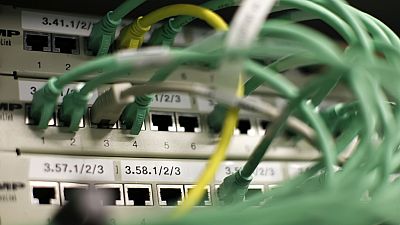

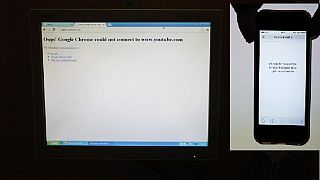

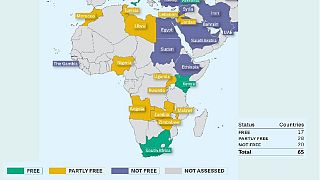
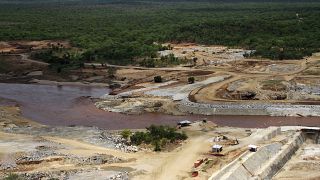
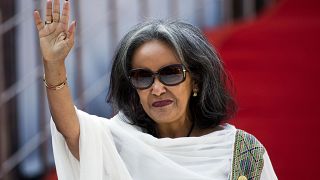




Go to video
Ugandan TikToker jailed for insulting President Museveni
00:58
Somaliland opposition leader wins presidential poll
11:07
Botswana's new government races to diversify its economy {Business Africa}
01:48
Kung Fu gains popularity among young people in Kenya
Go to video
Australia to ban social media usage for children under 16
01:38
Drones beat logistical challenges to delivery of medical supplies in Kenya